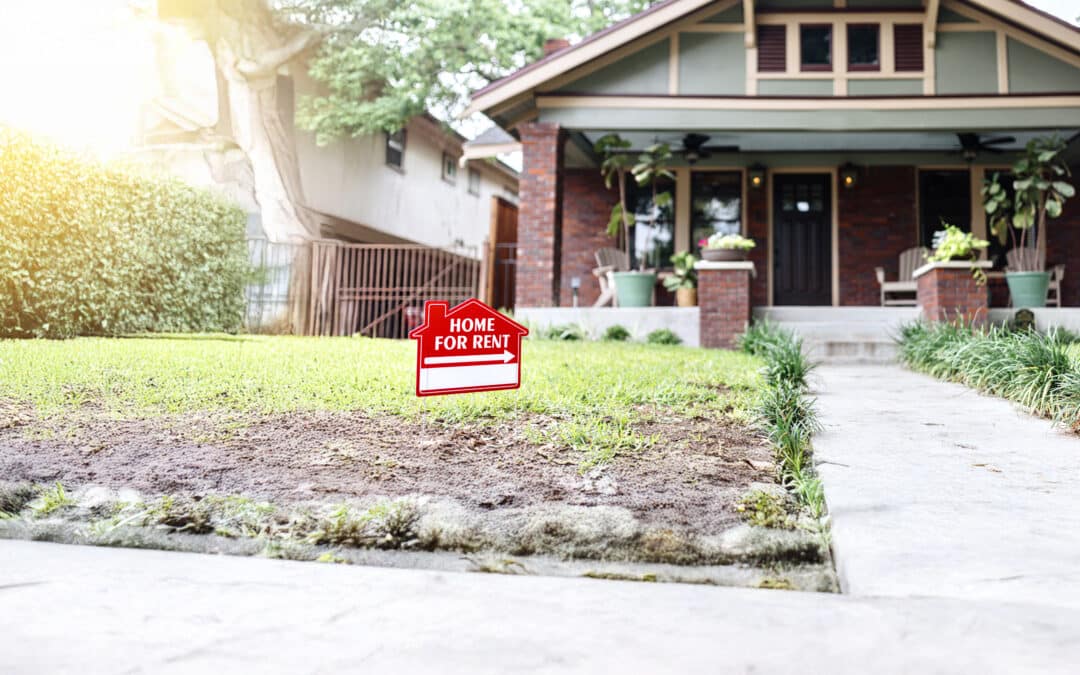The city or the suburbs? Which location does the largest rising block of home buyers prefer? In recent
years, conventional wisdom would have steered real estate investors toward the urban centers thanks to the stated preferences of the Millennial generation, which has tended to prefer renting over owning, community space over square footage, and access to public transit over proximity to public schools. Millennials, the experts said, prefer to live downtown in the middle of all the action. However, as the millennials age, statistics appear to be telling a new story with a suburban ending.
Breaking Down the Millennial Market Numbers
Homeownership among millennials has certainly been lower than in previous generations. However, it isn’t that this generation won’t ever buy a home; they’ve simply been delayed. With issues such as high student loan debt, a slow job market, rising real estate costs, and entering adulthood during a recession that lingered for years, millennials are a bit behind.
However, last year’s numbers (see top of pg 57) indicate they may be catching up. From these numbers, we see that over one-third of homes were purchased by millennials, and the majority of millennials haven’t even reached home-buying age yet.
Understanding what they desire as they begin the buying process will be essential when determining how to invest.
Other numbers worth considering include:
- The majority (71 percent) of first-time buyers are Millennials.
- The suburbs rule: 49 percent of buyers buy there, followed by 31 percent of buyers buying in urban locations and just 19 percent of American buyers purchasing in rural regions.
- The suburban population is growing faster than its urban counterpart
- Over 60 percent of cities showed a drop-off in growth during 2016
If millennials are beginning to buy homes in large numbers and the suburbs make up half of all home purchases, then the “wisdom” that city living is what attracts millennials must be flawed.
The truth is that affluent millennials living in coastal cities prefer urban centers. Most everyone else prefers the suburbs. One study shows that only 13 percent of millennials live in a downtown location, and they tend to live in one of 11 magnet downtowns. Just one-third of millennials identify as urban.
So Where Are They Living Now?
The millennial generation is comprised of about 80 million people. Although there are the stereotypical “hipsters” who live in dense, big cities, it shouldn’t be surprising that not all 80 million members of this generation fit that description. The most recent census data shows older millennials, ages 25 to 34, tend to live in up-and-coming suburbs such as:
- SOMERVILLE, MASSACHUSETTS, OUTSIDE OF BOSTON
- ARLINGTON, VIRGINIA, OUTSIDE OF WASHINGTON D.C.
- ALEXANDRIA, VIRGINIA, OUTSIDE OF WASHINGTON D.C.
- ATASCOCITA, TEXAS, OUTSIDE OF HOUSTON
- GAITHERSBURG, MARYLAND, OUTSIDE OF WASHINGTON, D.C.
Those suburbs aren’t the suburbs of the baby boomer generation, however. Millennials are flocking to suburbs that have the livability factors they seek.
What Millennials Look For
12,000 Millennials reach the age of 30 each day, drawing closer and closer to the “new normal” for buying a first home. In general, the suburbs that bring in millennials have an urban feel. In fact, the suburban centers with high concentrations of Millennial home buyers are actually smaller but completely self-sufficient satellite cities located outside of urban centers. Real estate investors should look for suburbs offering the Millennial dream rather than the traditional Baby Boomer dream. For example:
- Walkability
- Convenience
- Homes with flexible space
- Strong public transportation systems
- Good schools
- Older homes with character
- Entertainment options
- Millennial-friendly businesses
- Mixed-use developments
Finding the Right Suburb
Identifying the right suburb that will appeal to Millennial buyers is crucial. Here are six characteristics that tend to fit the bill:
Close Proximity to A Hot Urban Market
Millennials like the advantages of big city living and need the jobs associated with hot urban markets.
An Expensive Urban Center
Residents of New York City, Los Angeles, Miami, San Diego, and San Francisco spend about 40 percent of their income on housing. New home buyers must branch out beyond the borders of the urban center.
New or Existing Public Transit Options
Millennials require easy commutes to work.
Good School System
Suburban areas with great school systems or school choices will always attract first time home buyers.
Plenty of Options
Most first-time buyers look for a 3-bedroom home with about 1,800 square feet costing $200,000 or less. Millennials in particular seek homes with character.
Trendy Businesses and Entertainment
Millennials want to be able to walk to stores and restaurants and have plenty of entertainment options. Your suburb needs an urban flair. The new “story” about homeownership indicates suburbs that offer affordable housing with the amenities of urban living are the new “dream location.” Finding up-and-coming suburbs that fit Millennials’ definition of the American dream will be key to maximizing profit for real estate investors.
The new “story” about homeownership indicates suburbs that offer affordable housing with the amenities of urban living are the new “dream location.” Finding up-and-coming suburbs that fit Millennials’ definition of the American dream will be key to maximizing profit for real estate investors.
























0 Comments